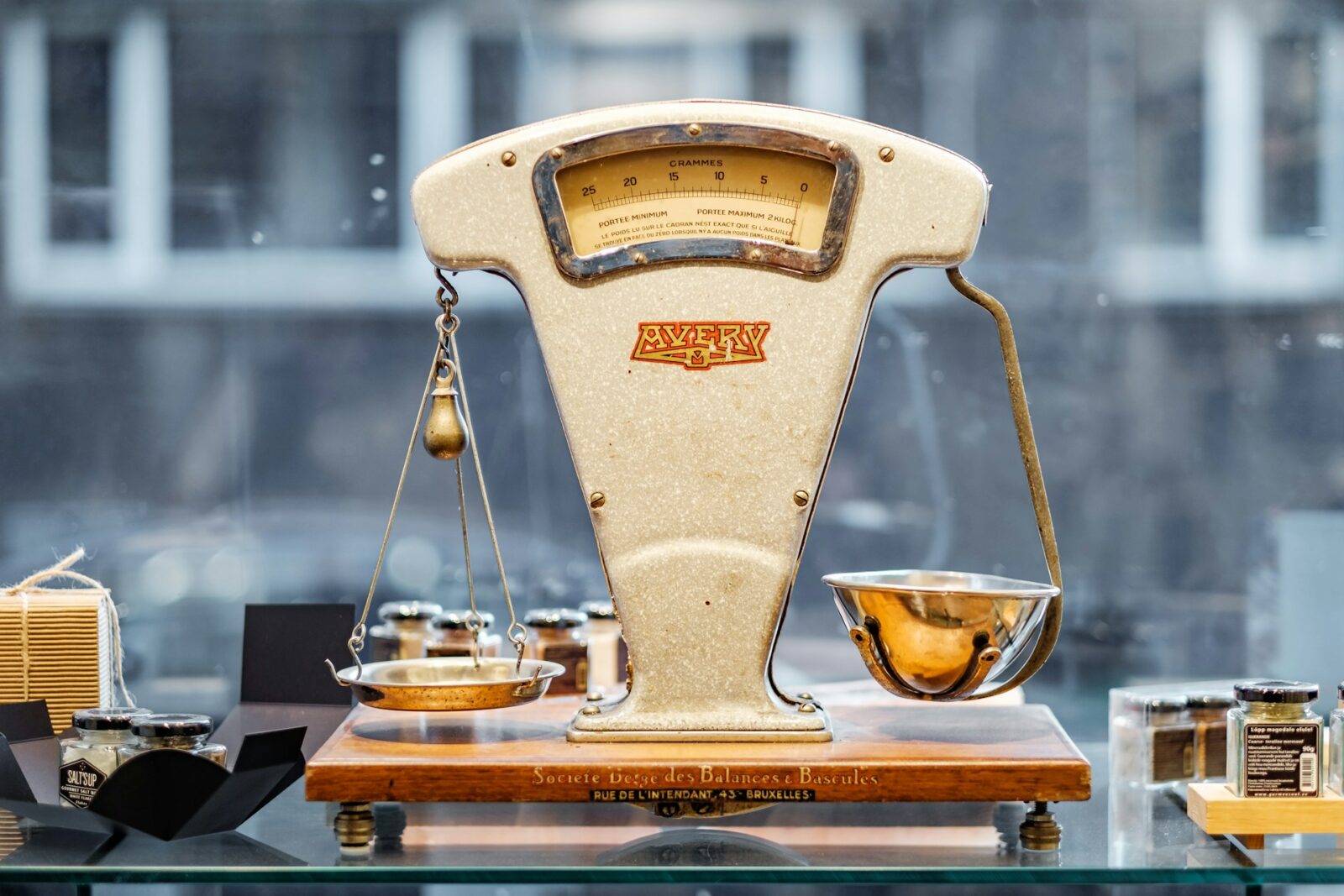Every business, whether in manufacturing, pharmaceuticals, logistics, or food production, relies on accurate and reliable measurements. Choosing the right industrial scale can make all the difference in ensuring operational efficiency and maintaining product quality.
But with so many weighing solutions available, how do you make the best choice for your needs? This equipment guide will walk you through the process, focusing on essential factors to consider, common pitfalls to avoid, and how to match the correct equipment to your specific applications.
Why Selecting the Right Industrial Scale Matters
The consequences of inaccurate or poorly selected scales span far beyond just a missed number on the display. It can result in financial losses, regulatory violations, product inconsistencies, and even reputational damage.
By understanding what to look for on an industrial scale, you can ensure your business implements a weighing solution that aligns with its operational priorities.
What You’ll Learn:
- The critical factors in choosing the right industrial scale
- Different types of scales based on applications
- Common mistakes to avoid
- Best practices for maintaining and calibrating your equipment
Assessing Your Business Needs
Understand the Purpose of the Scale
Ask yourself, “What will this scale primarily be used for?” Different industries require tailored weighing solutions. For example:
- Logistics might need scales for large pallets and freight measurements.
- Pharmaceuticals depend on pinpoint precision for formulations and pipette repairs.
- Food production may prioritize hygienic designs for compliance with sanitation regulations.
Clearly defining the tasks the scale will handle will help narrow your search. If your organization has specialized contexts like pipette calibration or liquid measurements, ensure you’re factoring functionality for these needs.
Identify Maximum and Minimum Capacities
No two industrial scales are the same when it comes to weight capacities. Before making a decision, calculate:
- The maximum capacity the scale should handle. For heavy equipment or bulk material businesses, ranges may reach several tons.
- The minimum weight it must detect accurately without error. This is especially important for industries like pharmaceuticals when handling micrograms or very light substances.
Matching the capacity ratings to your requirements ensures optimal performance and avoids malfunction or inaccuracies.
Explore Different Types of Industrial Scales
Knowing the specific weighing solution you need takes an understanding of the most common industrial scale types available today.
Platform Scales
These are ideal for heavy-duty applications, particularly for weighing large pallets, drums, or containers. Platform scales are typically known for their durability and capacity to handle weights ranging from hundreds to thousands of pounds.
Bench Scales
Perfect for smaller items, bench scales find their use in laboratories, food preparation areas, or warehouses needing precision. They are compact, portable, and often equipped with a higher sensitivity for minute measurements.
Floor Scales
Designed to handle low-to-the-ground loads such as industrial pallets, floor scales are often accompanied by forklift compatibility. These are excellent for construction and agricultural settings.
Precision and Analytical Scales
These scales serve specialized purposes in industries needing super-accurate measurements, such as science labs or pharmaceutical companies. If speed and accuracy are top of mind, prioritize scales with advanced digital displays and microgram-level measurements.
Weighing Accuracy and Tolerance
Consider Your Accuracy Requirements
Accuracy should never be an afterthought. Evaluate the tolerances that are permissible within your operations to ensure the scale meets your expectations. Precision truly matters in areas like pipette repairs or food portioning.
Calibration Capabilities
Many scales lose accuracy over time and require recalibration. Look for models offering easy adjustment features or compatibility with calibration weights to ensure seamless maintenance.
Features to Look For on a Reliable Scale
From simple features to advanced technologies, knowing what extras truly add value can make a difference in performance.
Durability and Build Quality
Industrial scales must withstand harsh conditions like heavy-duty usage or contact with corrosive materials. Scales made of stainless steel or composite materials are resilient and often easier to clean.
Display and Connectivity
Modern scales often come equipped with user-friendly digital displays. Additionally, connectivity to external systems like ERP software can add tremendous value for auditing and real-time monitoring.
Compliance and Safety Standards
If you operate in a regulated industry, ensure your scale adheres to legal standards. Certifications such as NTEP (National Type Evaluation Program) or OIML (International Organization of Legal Metrology) may apply.
Common Buying Mistakes and How to Avoid Them
- Focusing Only on Cost
While budget constraints do matter, always prioritize value over short-term savings. Cheap scales may lead to frequent breakdowns and inefficiencies.
- Neglecting Future Growth
Failing to anticipate business expansion often results in undersized scale purchases. Opt for models that can accommodate scaling requirements.
- Overlooking Maintenance
Choose models that are easy to service and calibrate. Scaling machines with minimal maintenance needs often reduce downtime and operational headaches.
- Skipping Professional Guidance
Working with reliability-centered equipment guides or specialist recommendations ensures you’re buying the right industrial scale from the start.
Maintaining Your Investment
Once you’ve selected the perfect scale, maximizing its lifespan depends on regular care and maintenance.
Routine Cleaning
Clean scales regularly to prevent buildup, especially in industries like food processing. Residues can affect accuracy and long-term performance.
Periodic Calibration
Both internal and external calibration should be scheduled frequently to avoid drifting measurements. Calibration tools or professional services may help keep tolerances in check.
Timely Repairs
Routine inspections will save you from unexpected breakdowns. Whether it’s fixing minor faults or requiring a pipette repair within your workflow, don’t delay maintenance calls.
Optimize Efficiency With the Right Scale
Choosing the right industrial scale is more than just comparing prices; it’s about finding a solution tailored to your business needs, ensuring precision, efficiency, and compliance.
From high-capacity floor scales to ultra-sensitive analytical scales, the weighing solution you choose will play a pivotal role in your operations’ success.
Take your business to the next level with reliable weighing solutions that meet your unique challenges. Start your search by consulting an equipment guide or trusted expert to ensure you’re making the right investment!













